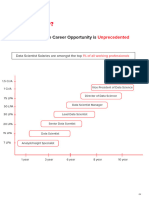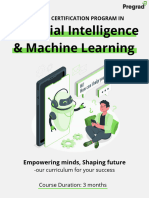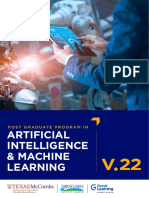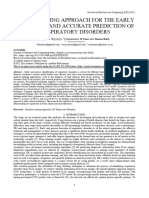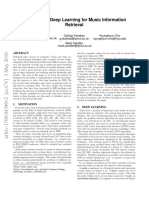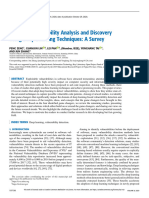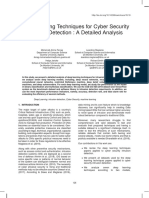0% found this document useful (0 votes)
21 views3 pagesCourse Details
The Samsung Innovation Campus offers a comprehensive course on Artificial Intelligence, focusing on foundational math, data preprocessing, machine learning algorithms, and deep learning techniques. The course includes 215 hours of lectures and a 50-hour capstone project, covering topics from linear algebra to natural language processing. Students are assessed through quizzes and a capstone project, with certification awarded upon meeting attendance and grade requirements.
Uploaded by
melesambousekCopyright
© © All Rights Reserved
We take content rights seriously. If you suspect this is your content, claim it here.
Available Formats
Download as PDF, TXT or read online on Scribd
0% found this document useful (0 votes)
21 views3 pagesCourse Details
The Samsung Innovation Campus offers a comprehensive course on Artificial Intelligence, focusing on foundational math, data preprocessing, machine learning algorithms, and deep learning techniques. The course includes 215 hours of lectures and a 50-hour capstone project, covering topics from linear algebra to natural language processing. Students are assessed through quizzes and a capstone project, with certification awarded upon meeting attendance and grade requirements.
Uploaded by
melesambousekCopyright
© © All Rights Reserved
We take content rights seriously. If you suspect this is your content, claim it here.
Available Formats
Download as PDF, TXT or read online on Scribd
/ 3













